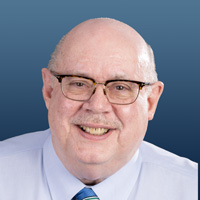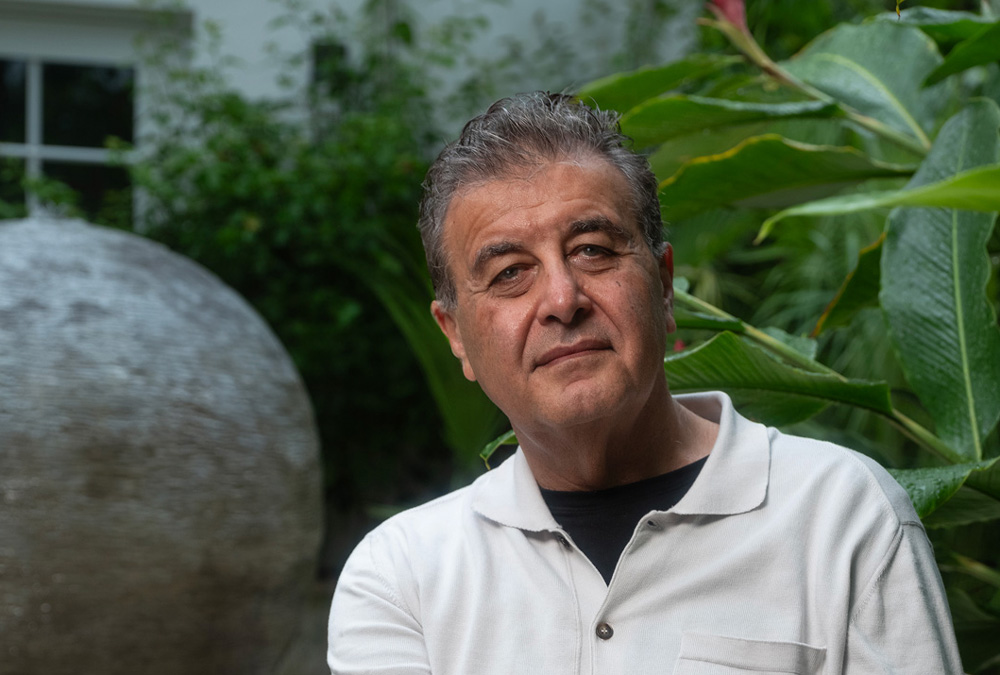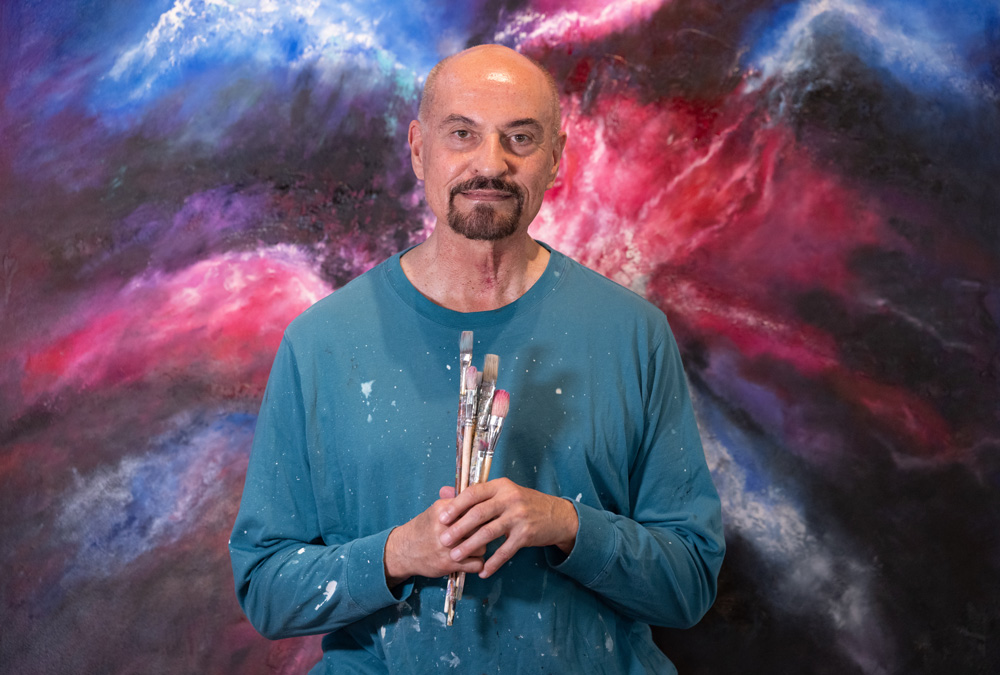“The practice is dynamic meditation — meditation while you are moving. Slow is fast. When you move slowly, there is smoothness in it, and smooth is fast.”
Juan Pablo de Rivero Vaccari, Ph.D., associate professor of neurological surgery and a martial artist, is describing iaido, a Japanese style of swordsmanship that he has been practicing for 18 years. A solo exercise, iaido involves performing katas — prescribed sequences of movements — against an imaginary opponent.
“When I am about to start a form, my breathing is calm,” Dr. Vaccari said. “If you are able to relax, you are able to execute more, in a more effective way. I do the same thing when I do an experiment. I sit at the bench, and I appreciate the fact that I get to do it, so there is a calmness about it. I feel at peace.”
Dr. Vaccari specializes in studying inflammation after traumatic brain injury, spinal cord injury, stroke or Alzheimer’s disease. Right now, his lab is focusing on the relationship between Alzheimer’s and the vascular system.
“It is my belief that most Alzheimer’s is vascular in nature more than genetic, so the goal is to diagnose the disease earlier,” he said. “If we can diagnose the disease early on, even current therapies are more likely to work.”
“Slow is fast. When you move slowly, there is smoothness in it, and smooth is fast.”
Juan Pablo de Rivero Vaccari, Ph.D.
Much of Dr. Vaccari’s teaching philosophy comes from martial arts.
“I don’t think that anybody is better than others; there are just people who have been doing it longer,” he said. “Whether it is in martial arts or in the lab, I look at how proficient the students are with different tasks. If they can do those tasks at a level that I think is reasonable, then I think about the next tasks they can do. Eventually, that involves more responsibilities. I always try to challenge them because there is no growth in comfort.”
Dr. Vaccari hopes to keep practicing iaido into his 80s.
“Once you are more mature, you realize you don’t need that much strength — the sword will do the job,” he said. “Iaido has given me so much that is priceless.”
Video by Franco LaTona, University of Miami Communications



